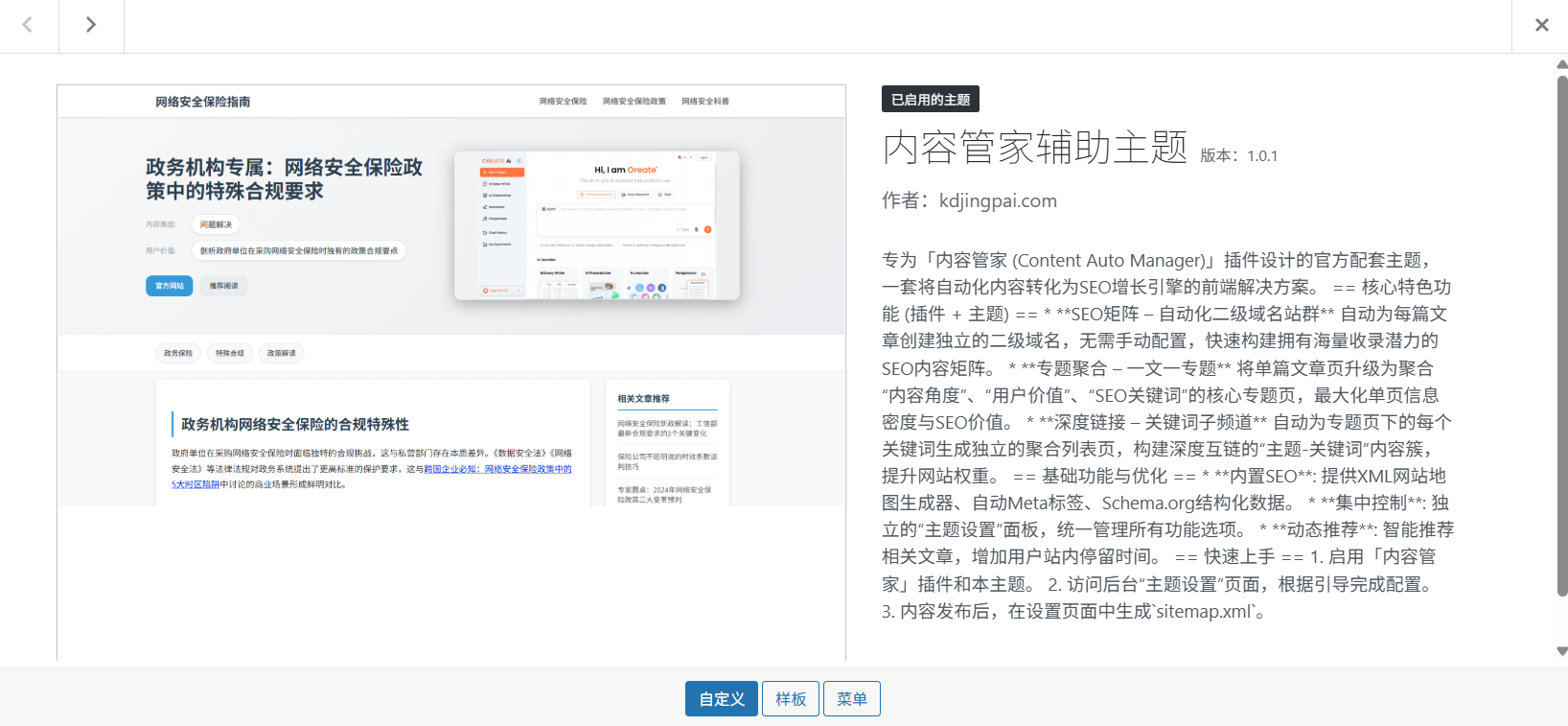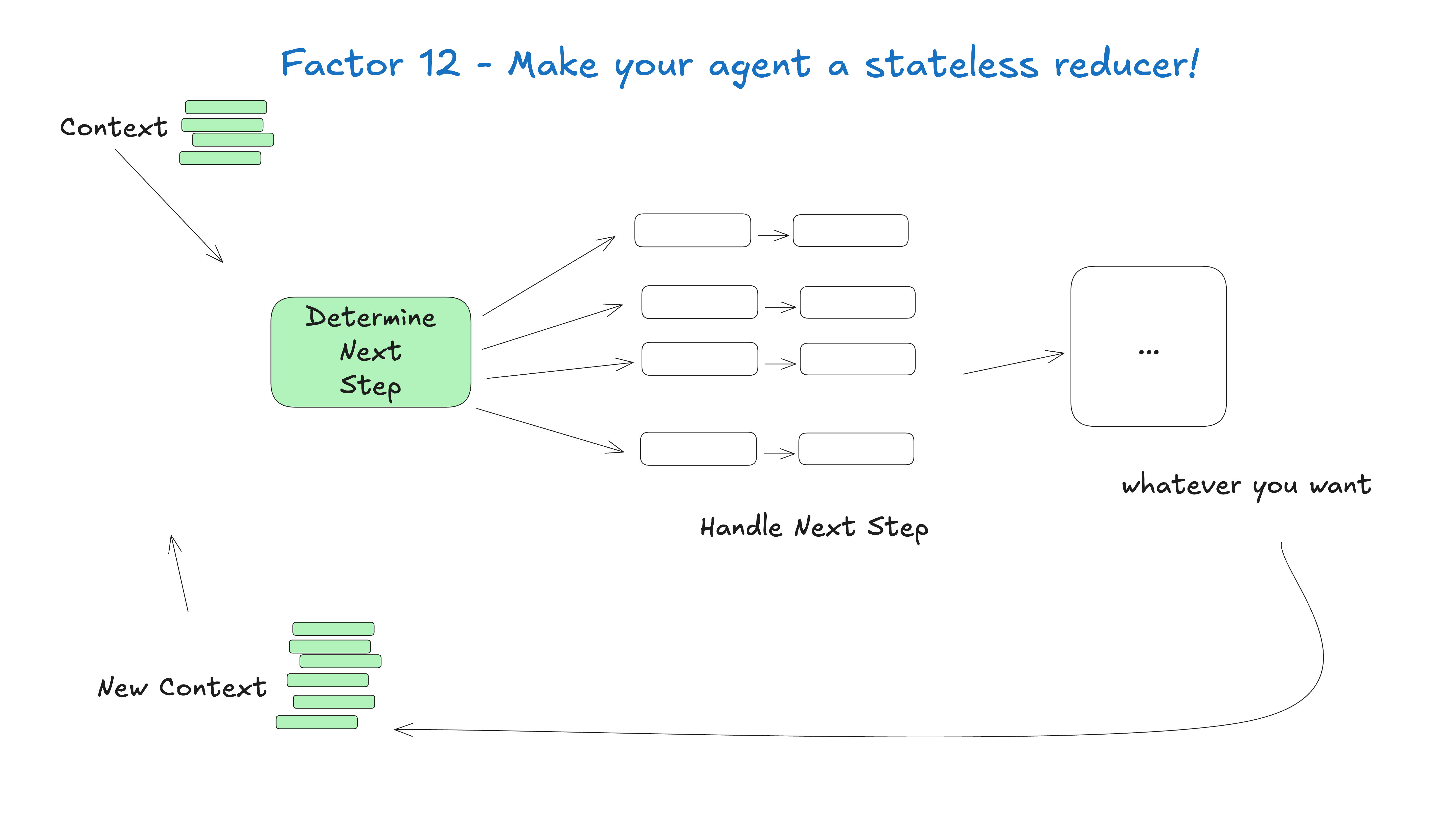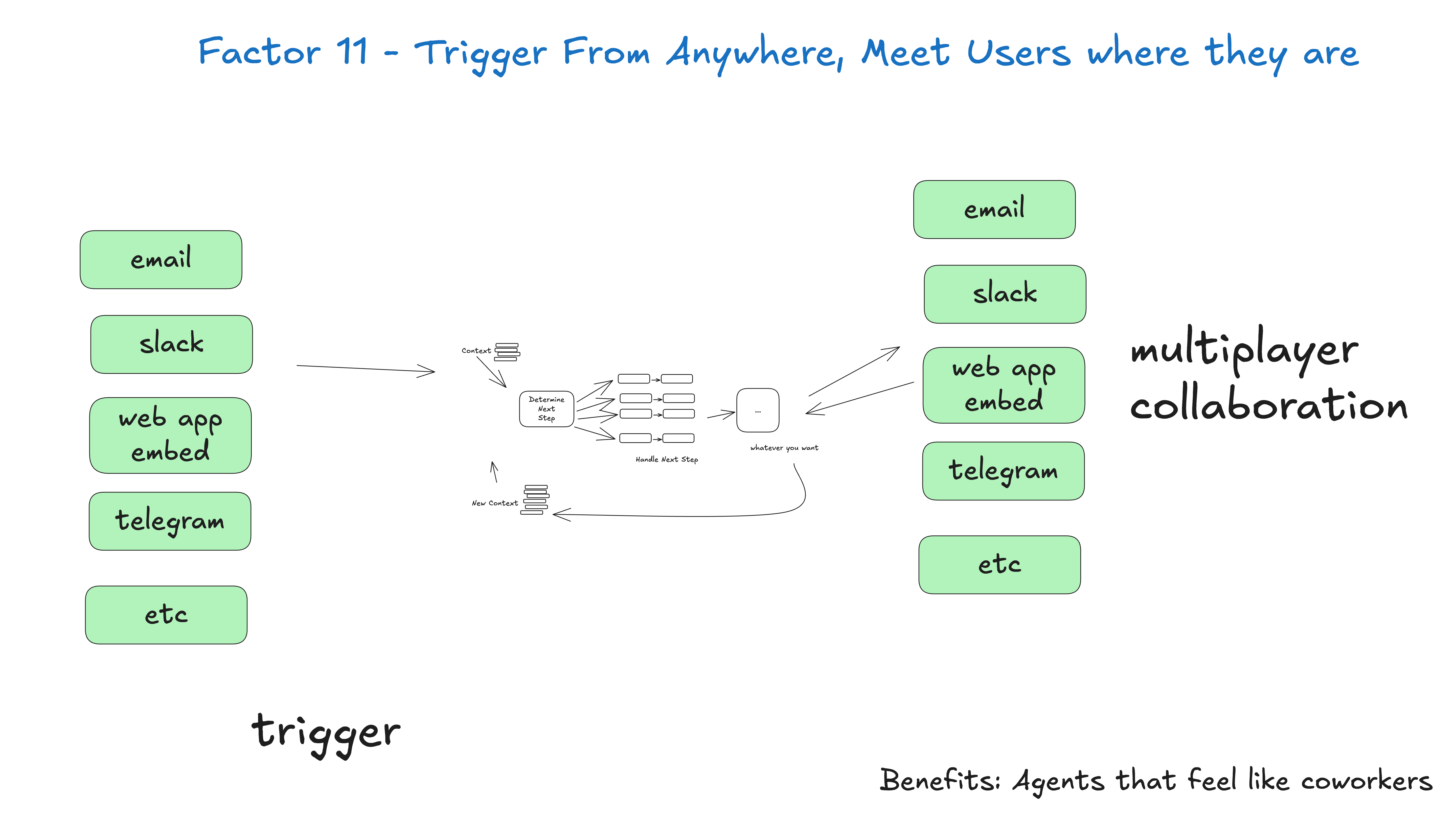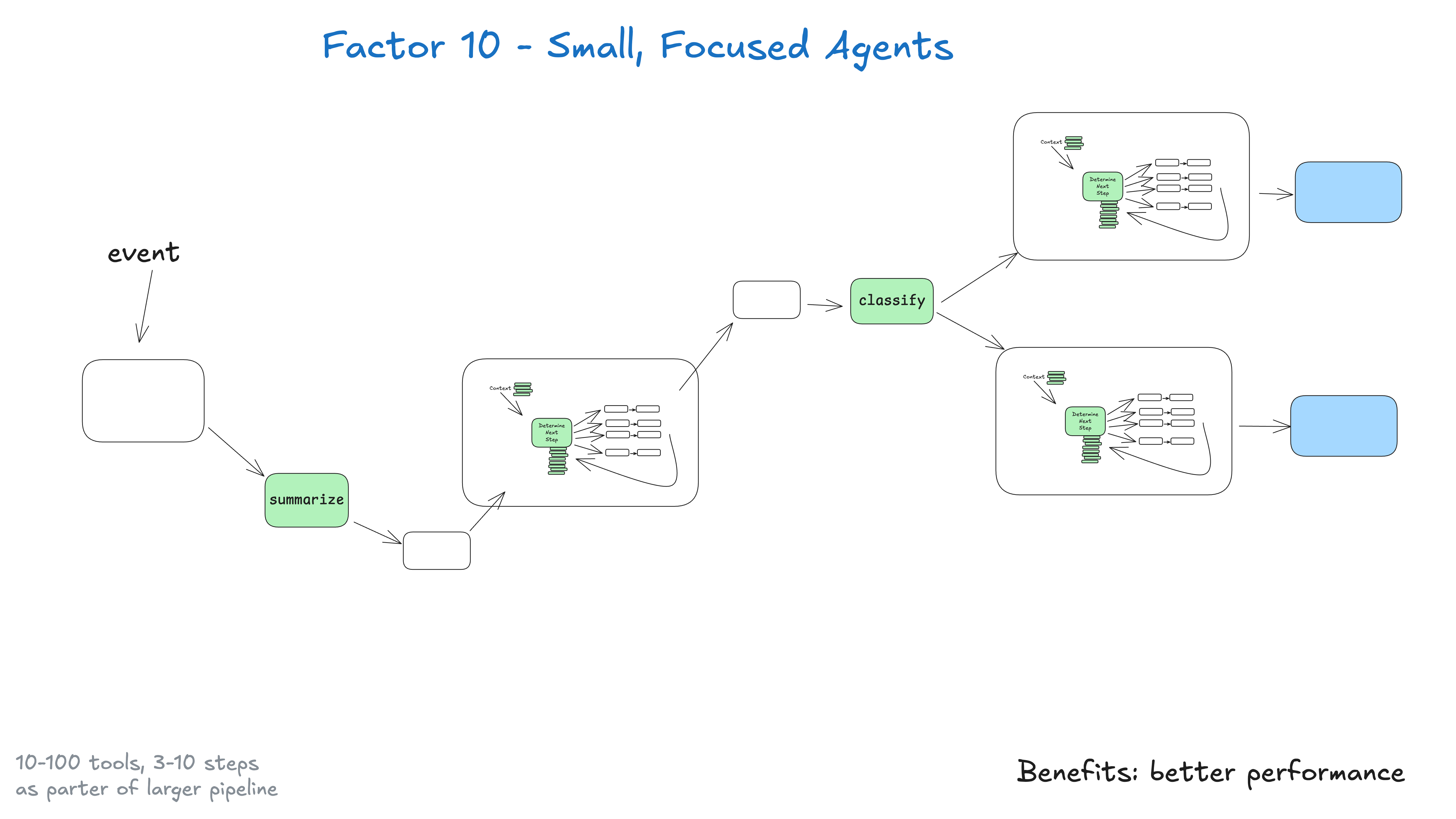1. First configure the API used to generate articles
The APIs added in Custom API Configuration, On-premises API Configuration are used to generate text content such as themes, articles, post structures, etc.

1.1 Support the use of custom APIs compatible with the OPENAI format
Remember to complete the /v1/chat/completions section
Parameters can be tested without being turned on by default, and can be adjusted if they don't work well. Only APIs set to active will be used.
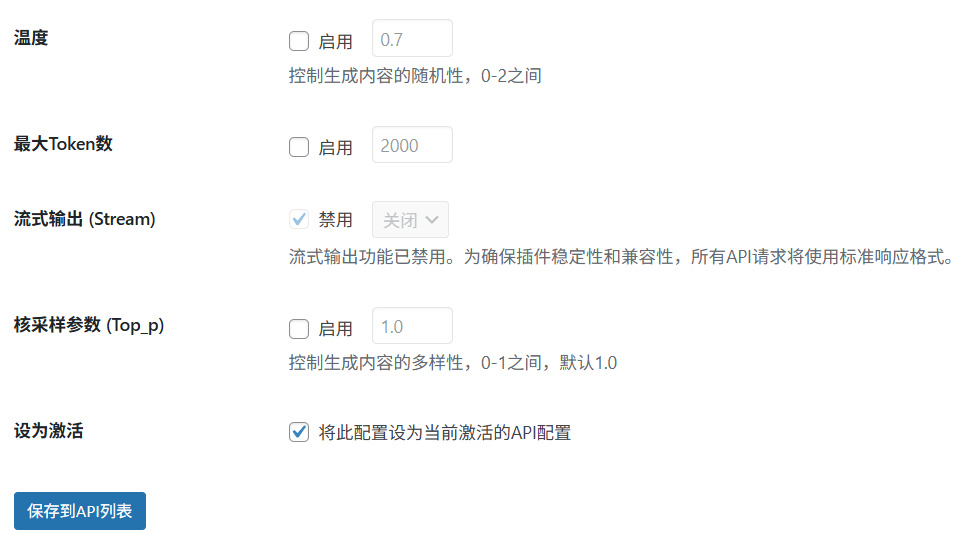
1.2 Preset API configuration (free API)
Free APIs for users, collected in the network, available for activation without complex configuration.
pollinations channelIt is less stable, and if all features are checked in the publishing rules, or if very long references are introduced when generating topics or articles, it can lead to a long context submitted to the big model, causing the request to fail.
It is recommended to apply for YOUR_TOKEN, which can improve the stability of the service.
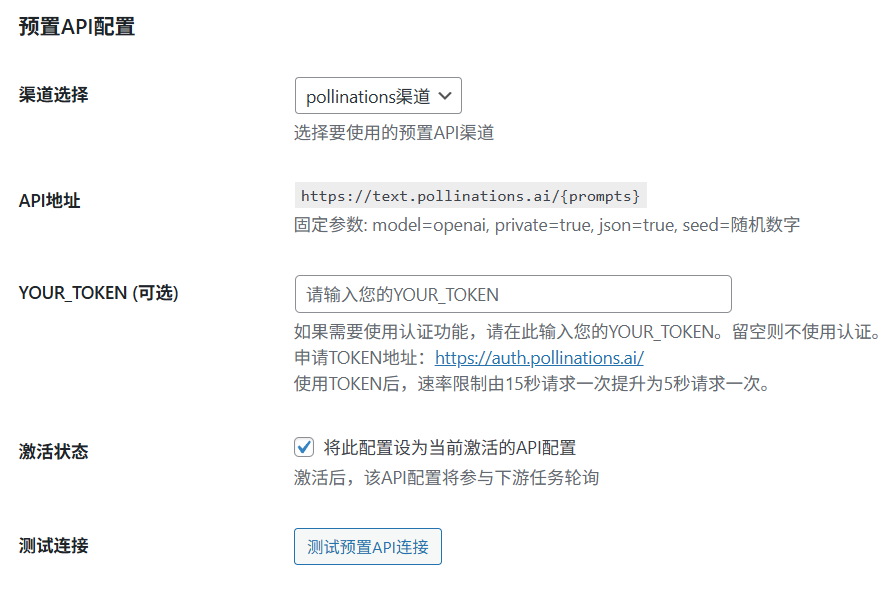
1.3 It is recommended to configure multiple API polling to improve service stability
The plugin generates text content and polls all APIs that use the active state, so configuring multiple APIs can improve service stability. I added two preconfigured APIs on top of my own APIs, which basically satisfies daily use very well.

Configure the benefits of multiple APIs:
1. Generating diverse content
2. Avoid single API speed limit
Plugin Official APIIf you use the original plug-in, you need to configure the authorization code in the "release rules" to get the authorization code while the author will give a certain amount of money.
This API is the author's own API interface, support for longer contexts, better stability, the disadvantage is that the model can not be self-selected (will randomly use the mainstream model).
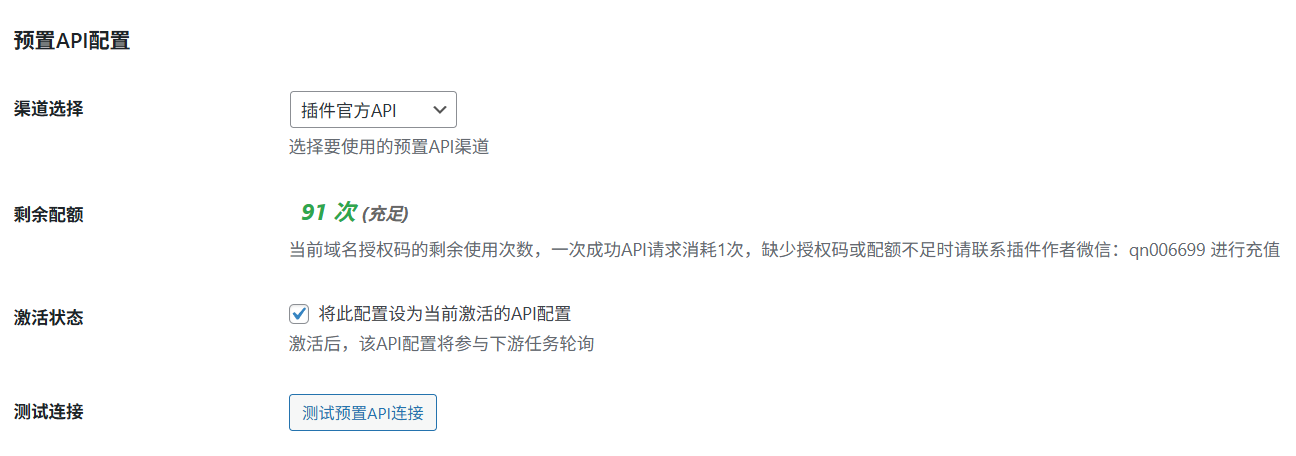
2. Vector API configuration (required)
The Vector API is used to automatically match categories for published articles, automatically insert inline links for article content, automatically categorize manually added topics, and match similar text as references in generated articles.
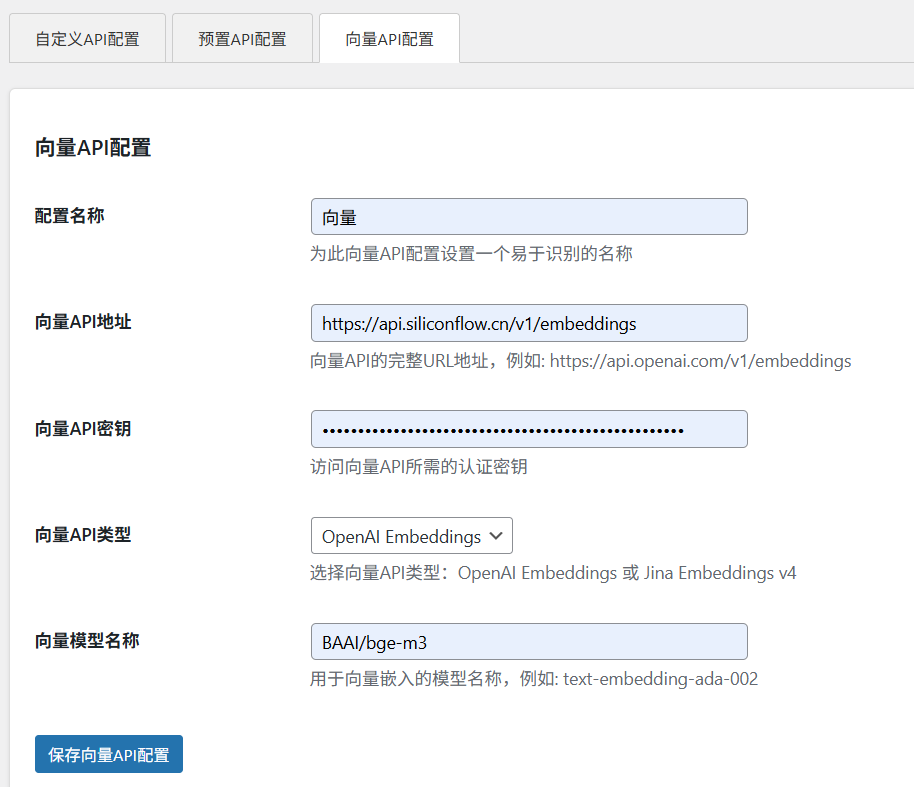
Currently openai and jina are supported, here I am using the silicon flow API for demonstration (vector model for silicon flow is freely available).
The effect of different vector models in dealing with different languages varies greatly, here I use bge-m3 which is more suitable for a single Chinese language, but the model's classification ability is general, and it can't perfectly categorize the topic (article title) into the appropriate category.
Only one configuration of the vector model is allowed and it is not recommended to change the model after it is selected.
Reminder: the first time you configure the vectors and fully configure the site's categories, do "Generate Category Cache" on the plugin's dashboard page.
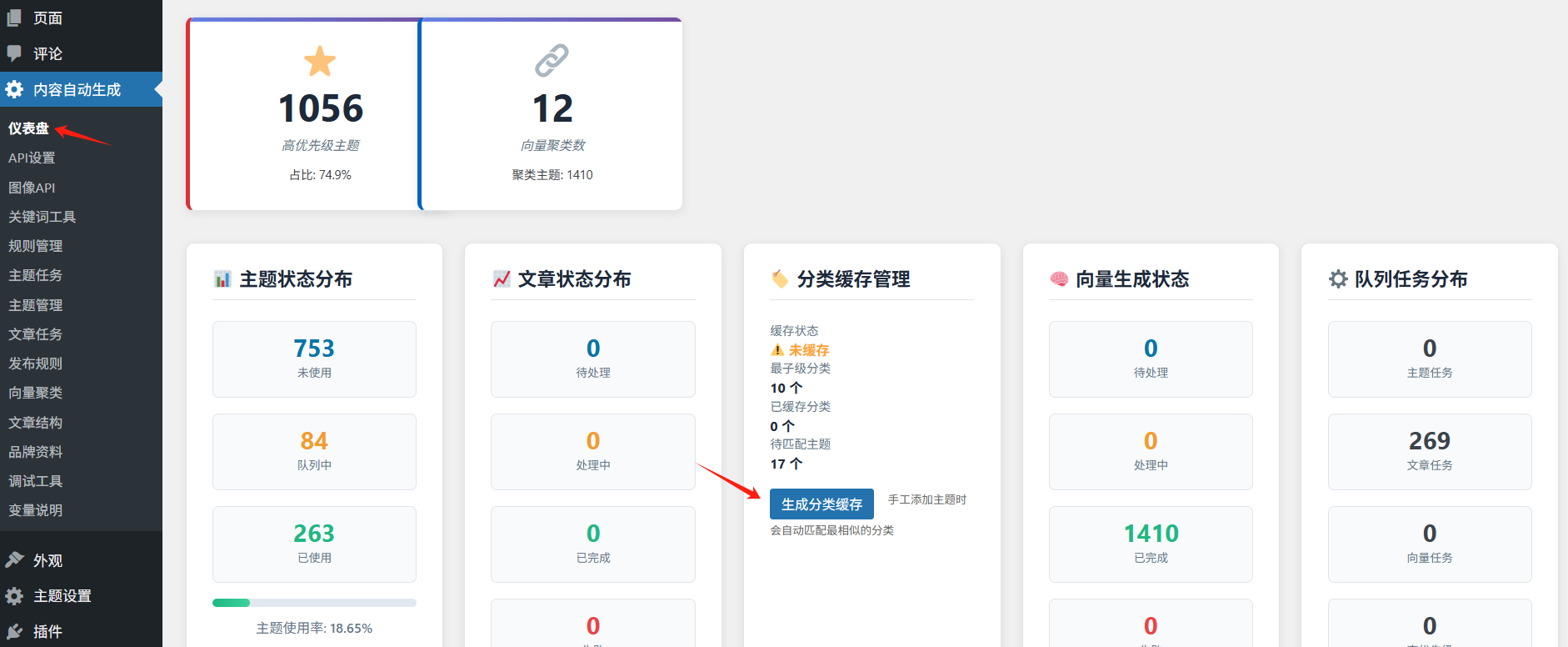
If there are more categories, you need to stay in the current page and wait for a while, it will show "Cached" after success. This file is stored in content-auto-manager/shared/cache/category_vectors.json.
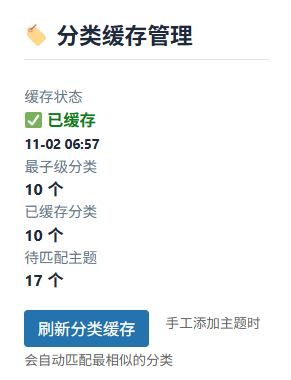
3. Image API
Among them, magic hitch and pollinations are free to apply for use and only allow the use of a single image API, based on the model saved in the current tab.
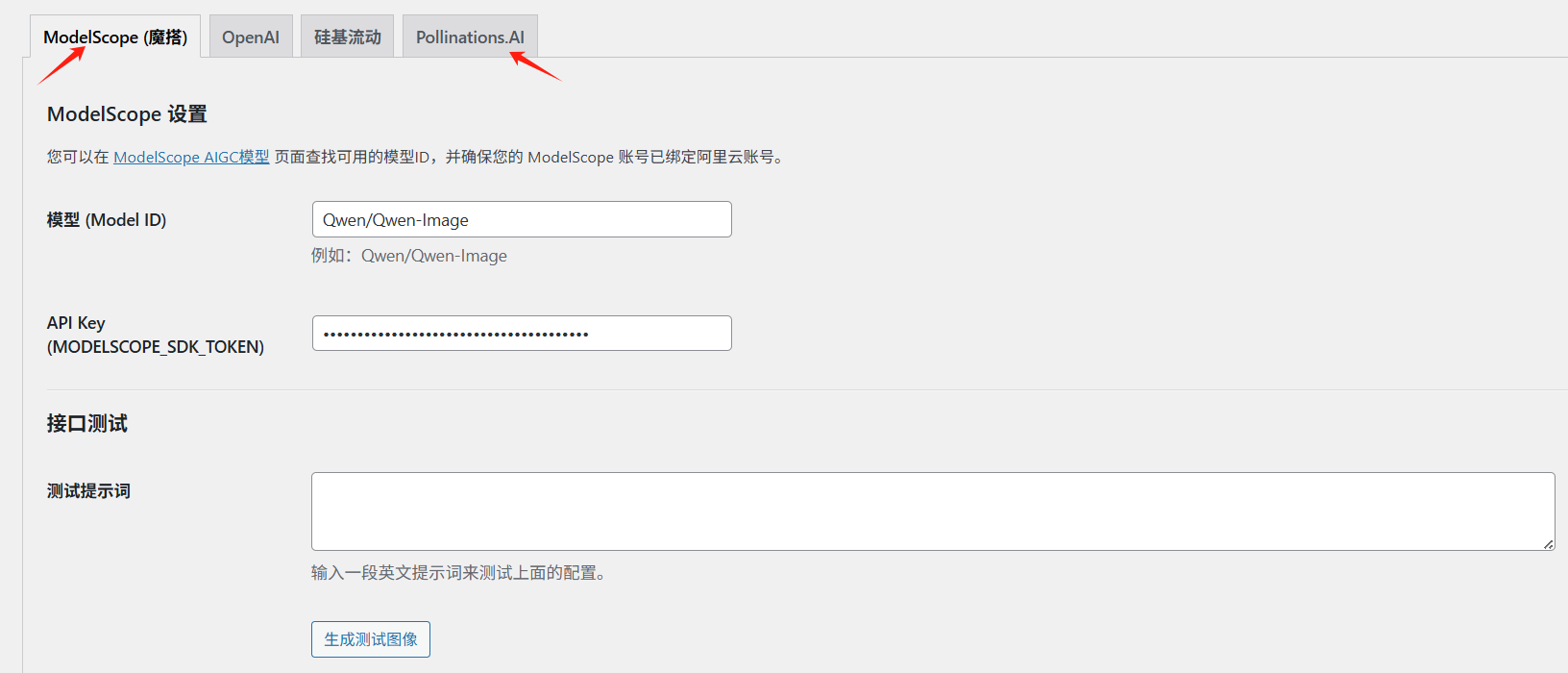
Once the image API is configured, you need to enable automatic post matching in the publishing rules

It is also allowed to modify the style of the generated image, so please fully understand how to debug the keywords before trying to adjust them.

Defines the mapping instructions that are injected into the cue word when auto mapping is enabled. If this is cleared, it will automatically revert to the default cue word.
Important: The top level of this prompt must be wrapped by the tag.
The resulting image placeholder must be in the format, otherwise the system can't process and match the image correctly.






